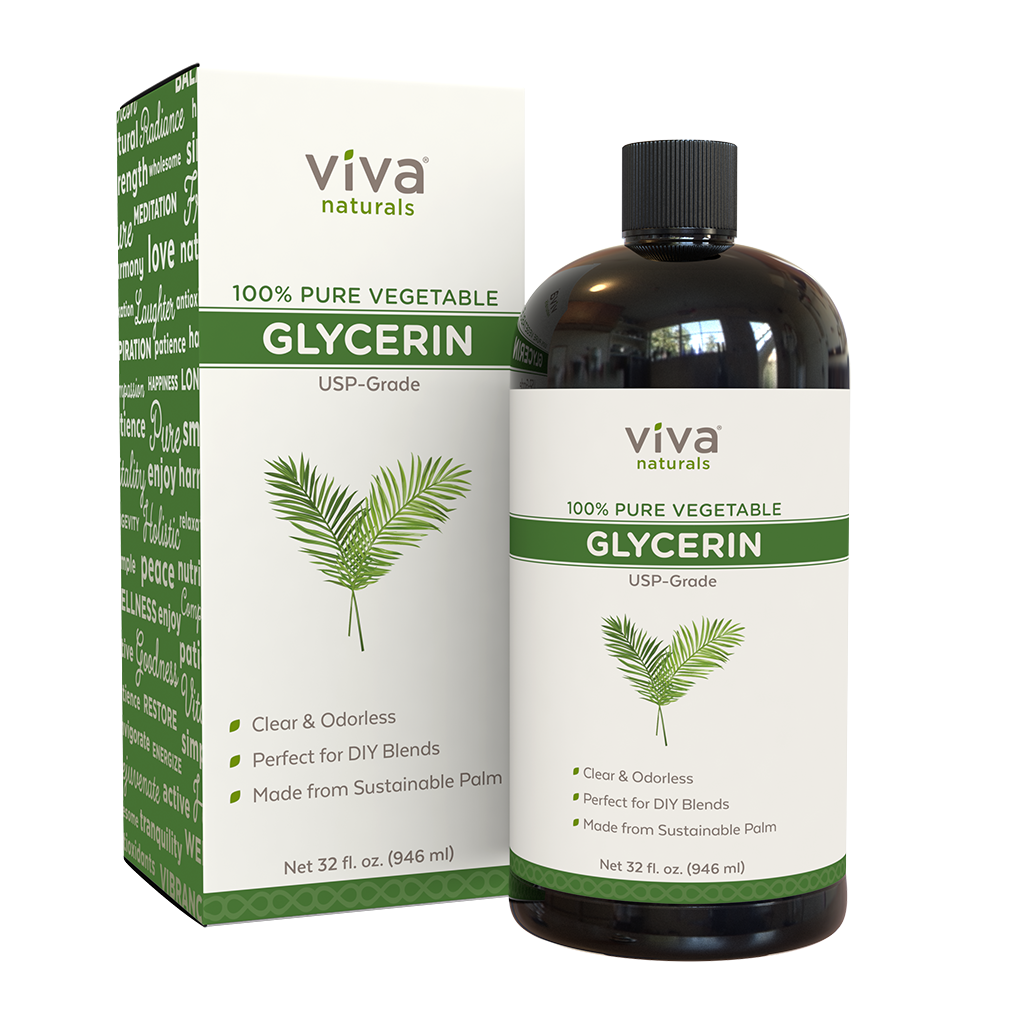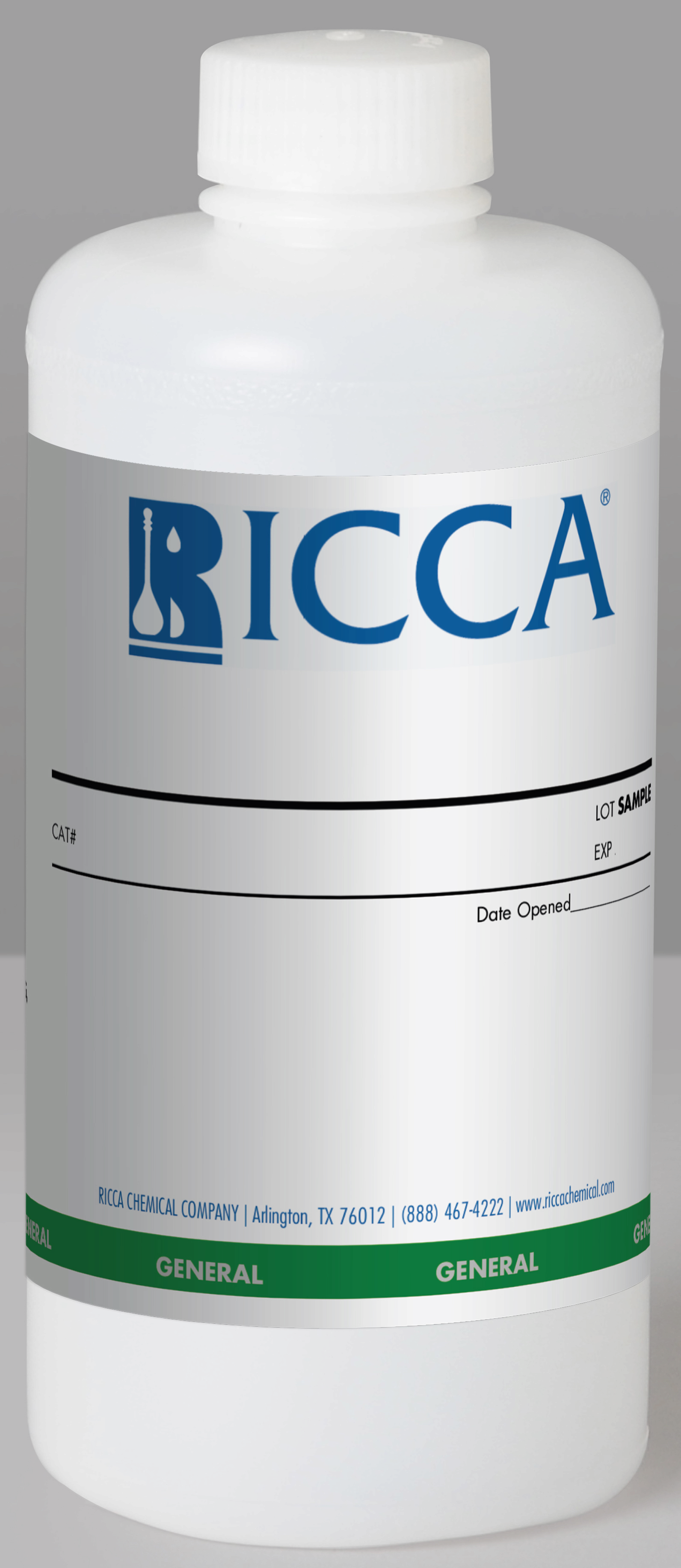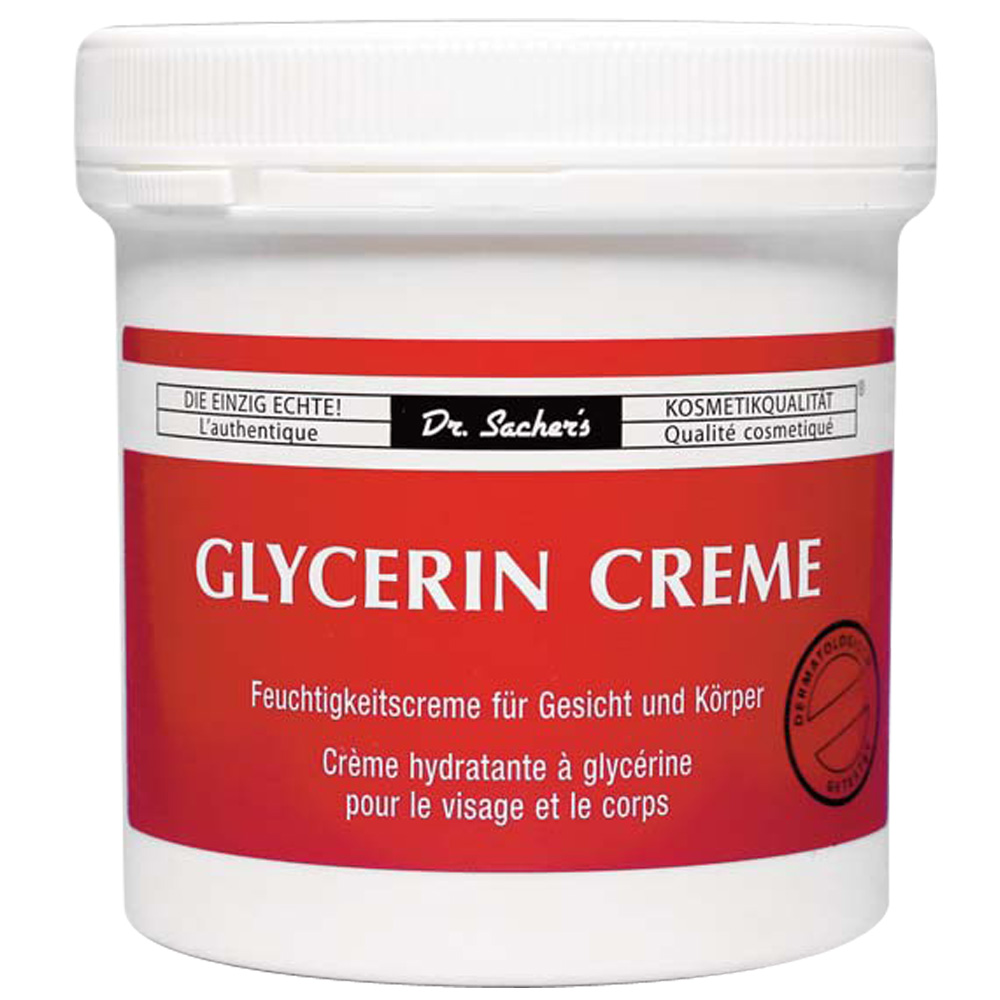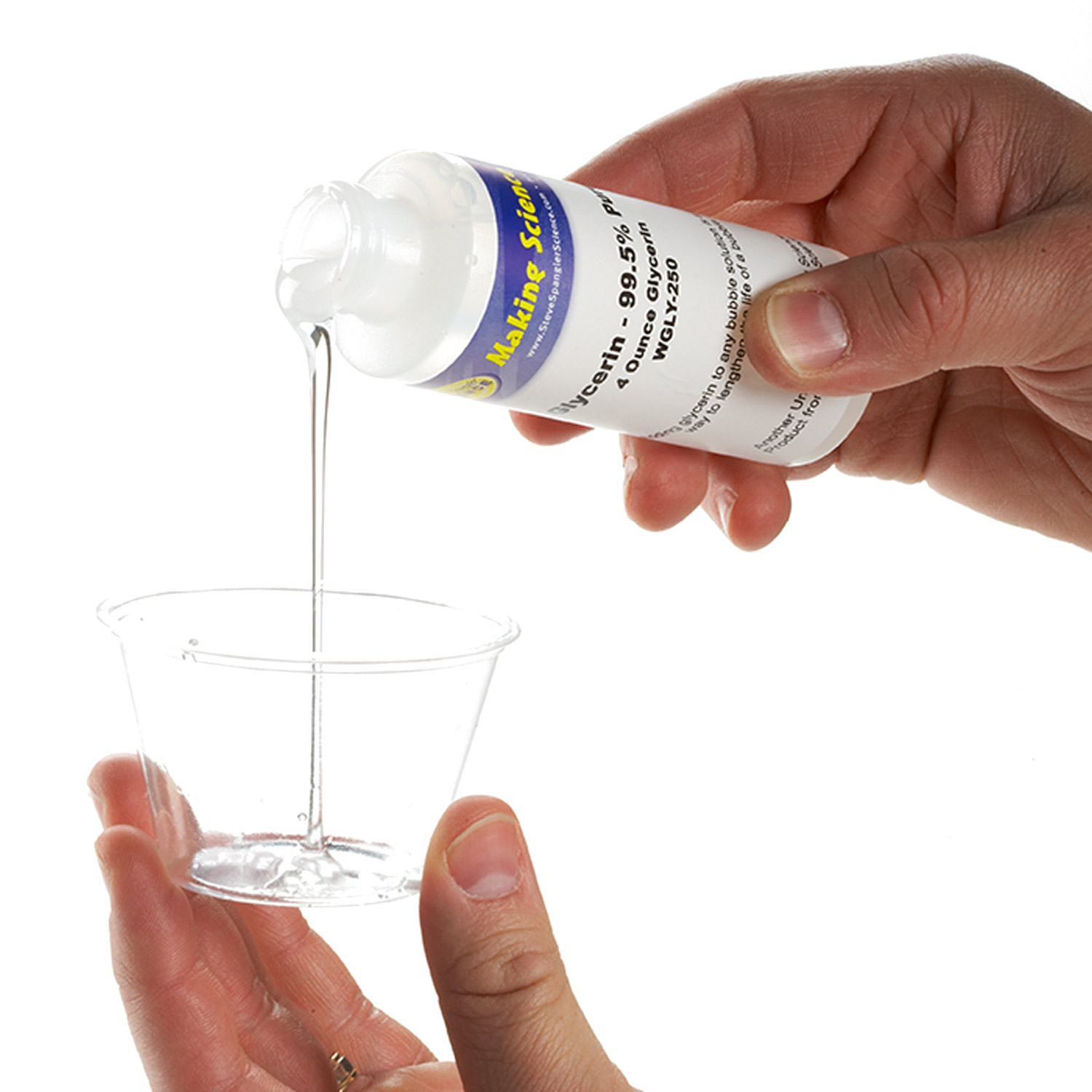
Outlet MundiHealth
Glycerine, (COH)3H5, or C303H8, is a 3-carbon alcohol, aka glycerol. (1-carbon alcohol is methanol, 2-carbon is ethanol). It is non-volatile and intensely hygroscopic (water-loving), and can be rinsed off any surface with ordinary water. It has recently been found to hasten cell maturation and suppress inflammation.

Great Benefits Of Glycerin For Oily Skin Oily skin, Skin, Skin benefits
Glycerin is a natural humectant, which helps to draw water out of the air and into the enamel of the tooth, helping to keep it hydrated and strong. Additionally, glycerin also has antibacterial properties that help reduce plaque buildup on teeth and prevent tooth decay. What is Glycerin?

Pin on Baby baby
Yikes. As if there aren't enough problems in our lives already, now we have to worry about glycerin too? This is surely one hard pill (better say, a blob of toothpaste) to swallow, since glycerin is part of most toothpastes, be it natural or traditional.

50.00 (v/v) Aqueous Glycerin Solution, 1 L, Ricca 329032 New Laboratory Setup Savings up to
Here is the short answer: Glycerin's solubility factor is actually quite high, and it does not seal your teeth off from all the important ingredients in saliva. Unfortunately, there is a current of misinformation surrounding glycerin, amplified especially by social media.

Where To Buy Glycerin Heritage Products Vegetable Glycerin, 4 ounces / Decorating by ruth0304
How does glycerin affect your teeth? In general, glycerin can affect your teeth in two ways: Glycerin can disrupt the pH levels in your mouth, allowing harmful bacteria to grow. This can lead to cavities, gingivitis, and other oral health issues. Like other sugary foods, glycerin can increase your risk of tooth decay.

How to Apply Glycerin on Face (Hindi) YouTube
Glycerin is a colorless and smell-less liquid that can be obtained from lard, tallow and usually from other more caustic sources. Glycerin has a sweet flavor or taste. Glycerin is syrup-like, oily, and remains a fluid. Glycerin is also a main by-product from biodiesel production. The name comes from the Greek word glykys meaning sweet.

glycerin on teeth
We Recommend Toothpaste Explore Bundles Explore What is Glycerin? Glycerin is a natural ingredient found in most oral care products to better preserve and sweeten them. A natural agent, glycerin in toothpaste also helps retain the moisture of the paste so it doesn't dry out in the tube. Glycerin in Toothpaste

Glycerin Soap 120Gram
Helps The Toothpaste Adhere To Your Teeth . Glycerin also helps the toothpaste adhere to your teeth and gums while you are brushing your teeth. This allows the active ingredients, e.g., hydroxyapatite, to work effectively on your teeth and help prevent tooth decay or gum disease. In addition, glycerin in toothpaste provides a lubricating effect.

Pin on TAKE CARE
Glycerin is a popular ingredient in many oral care products such as toothpaste, mouthwash, and even chewing gum. While it is generally safe to use, there is some debate as to whether glycerin is bad for your teeth. Some studies have shown that long-term use of glycerin-containing products can lead to tooth decay and erosion.

Glycerin Steve Spangler Science
As a humectant, glycerin works to preserve moisture in order to prevent products from drying out. Hence it is used in toothpaste to create that smooth texture most people are so fond of. The problem with glycerin though is that it leaves a coating on the teeth that according to Dr. Gerard Judd, Ph. D, "takes 27 washes to get it off".

Glycerin Platinum Photography Developing Agent TALAS
Sensitivity. Glycerin causes teeth sensitivity if you're already sensitive or if you use a high-alcohol or abrasive toothpaste that contains glycerin. The drying effect of glycerin can make your mouth feel drier than normal and result in gum recession or receding gums when used over time with regular brushing habits. Bad breath (or halitosis).

What's the deal with Glycerine? Why we avoid it. Into The Wylde
The film of glycerine residue from toothpaste which coats our teeth blocks this natural demineralization / remineralization process, and therefore creates the conditions of accelerated tooth decay or cavitation in our mouths. Even when someone's diet and oral hygiene habits are "perfect" for having healthy teeth, this issue with the.

GLYCERIN in Cosmetics Good or Bad? In cosmetics, Skin, Glycerin
1. Effect of glycerin on the surface hardness of composites after curing Hyun-Hee Park, In-Bog Lee. J Kor Acad Cons Dent 2011;36 (6):483-489. Dr. Gregg Kinzer discusses composite restorations and the use of glycerin to get a harder composite surface.

How to use glycerin on face femina.in Glycerin Face, Face Moisturizer, Moisturiser, Glycerin
1. Binder: Glycerin helps bind all the ingredients in toothpaste together, ensuring a consistent texture and preventing the components from separating. It contributes to the overall stability of the toothpaste formula. 2. Humectant: Glycerin acts as a humectant, which means it helps retain moisture in the toothpaste.

होठों पर ग्लिसरीन लगाने से क्या होता है जरूर जाने Benefits of Using Glycerin for Lips YouTube
Glycerin is a safe, non-toxic ingredient in toothpaste that benefits oral health. Organic certified glycerin would ensure it's not petroleum-derived and would come from non-GMO organic oil. Don't believe the myth that glycerin is harmful to teeth. No matter how long it's been circulating, it's just not true.

What Is Glycerin? — International Food Information Council
The idea that glycerin can coat teeth and consequently prevent saliva from touching and remineralizing enamel seems to have originated from one source: Dr. Gerard F Judd Ph.D. In 1997, Dr. Judd self-published a book called ' Good Teeth Birth To Death '.